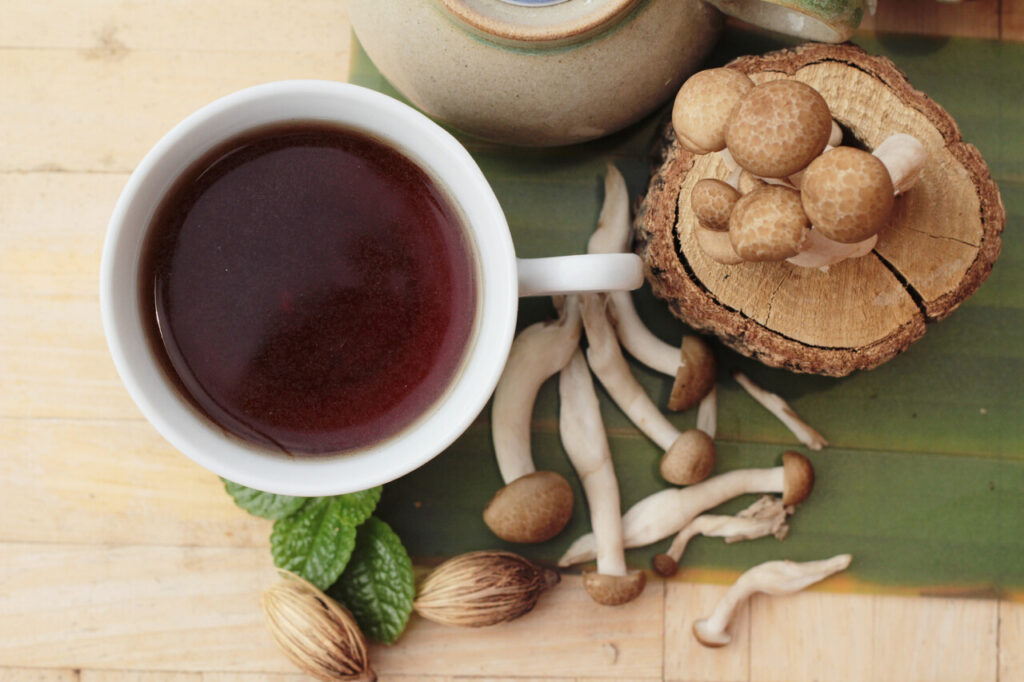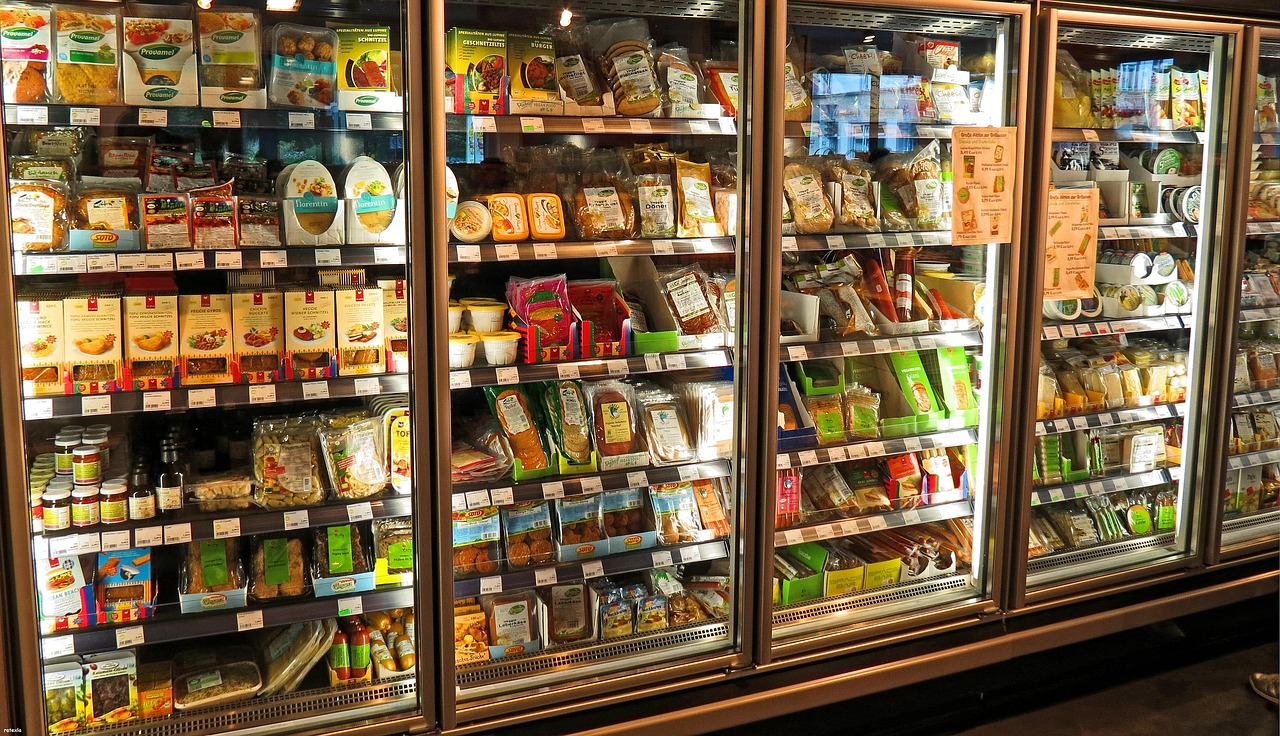What Exactly Is Mushroom Coffee and Is It Worth Trying

Mushroom coffee has made its way from wellness shops to mainstream cafés, catching the attention of people who want caffeine without the jitters. It’s not made from mushrooms alone, but rather a mix of regular coffee and powdered medicinal mushrooms like reishi, chaga, or lion’s mane.
At first glance, it sounds odd-mushrooms and coffee don’t seem like natural partners. But the blend promises smoother energy, improved focus, and added nutrients that standard brews lack. The flavor is surprisingly familiar, with only a faint earthiness beneath the roast.
Before you pour your next cup, it’s worth understanding what this drink really offers. Let’s break down how it’s made, what benefits it might bring, and whether it actually lives up to the hype.
How Mushroom Coffee Is Made

Mushroom coffee starts with medicinal mushrooms that are dried, ground, and extracted into a powder. These extracts are then mixed with ground coffee beans, typically in ratios that preserve the taste while adding functional benefits.
Unlike culinary mushrooms, these varieties, such as reishi, cordyceps, chaga, and lion’s mane, are chosen for their adaptogenic properties. They’ve been used for centuries in traditional medicine to help the body manage stress and boost resilience.
Most brands source organic mushrooms, often grown on wood or grain substrates, and process them through dual extraction to retain both water- and fat-soluble compounds. This is what gives mushroom coffee its claimed potency.
The Role of Adaptogens
Adaptogens are natural compounds that help your body stay balanced under stress. When combined with caffeine, they can moderate its intensity, leading to a calmer alertness rather than a spike-and-crash pattern.
This is why mushroom coffee fans often describe the experience as smoother or more sustainable. It’s still coffee, just with less edge and a bit more support for your nervous system.
Common Mushroom Varieties Used
Reishi is known for relaxation and immune support, while lion’s mane may enhance cognitive function. Chaga offers antioxidants that can help protect against inflammation, and cordyceps is often linked to energy and endurance.
Each blend varies, but the goal is usually the same: create a functional coffee that gives you energy while supporting overall wellness.
The Potential Benefits

The reported benefits of mushroom coffee depend on the types of mushrooms used. While some claims need more scientific backing, research does support a few promising effects.
Users say they experience sharper focus, better digestion, and reduced caffeine crashes. Since the coffee typically contains less caffeine than regular blends, it’s easier on your system while still offering alertness.
There’s also growing interest in its antioxidant and anti-inflammatory potential. The added nutrients may contribute to immune health, gut balance, and even mood stability over time.
Cognitive Support and Focus
Lion’s mane is especially popular for its link to brain health. Early studies suggest it may encourage nerve growth and support cognitive clarity, which can make your morning cup feel more productive.
Paired with moderate caffeine, it might enhance focus without overloading your mind-a balance many traditional coffee drinkers struggle to find.
Energy and Endurance
Cordyceps mushrooms are often included for stamina and oxygen efficiency. Athletes and active individuals claim it gives a clean, sustained energy boost.
You may not feel an immediate rush, but rather a steady flow of alertness that lasts throughout your morning without the typical coffee dip.
What It Actually Tastes Like

Here’s the thing: mushroom coffee doesn’t taste like a bowl of sautéed mushrooms. The base flavor is still rich and roasted, similar to medium coffee blends. The mushroom notes come through subtly-earthy, nutty, or slightly woody, depending on the mix.
For first-timers, it can feel unusual but not unpleasant. Many people find the taste smoother, with less acidity or bitterness compared to strong espresso or dark roast brews.
If you’re used to flavored or sweetened coffee, the transition is easy. If you prefer black coffee, the differences might stand out a bit more-but even then, most adapt quickly.
Best Ways to Enjoy It
You can brew mushroom coffee the same way you make any other—drip, pour-over, or espresso machine. It also works well in lattes, iced coffees, or even protein shakes.
Adding oat or almond milk can balance the earthiness, and a hint of cinnamon or cocoa makes the flavor richer.
Should You Try It?
If you love coffee but hate the caffeine crash, mushroom coffee might be worth a test run. It’s not a miracle drink, but it can offer a gentler caffeine experience and some added nutritional perks.
The key is to choose brands that use real mushroom extracts, not flavoring or cheap filler powders. Look for transparent ingredient lists and organic sourcing.
Ultimately, it comes down to preference. If you’re curious and open-minded, it’s a small, low-risk experiment that could improve how your morning coffee makes you feel.
Final Thoughts
Mushroom coffee blends the best of two worlds-caffeine and functional nutrition. While it’s not a cure-all, it’s a thoughtful alternative for anyone looking to balance focus, energy, and calm.
The benefits may vary by person, but the idea is simple: fuel your body without burning it out. If you’re ready to shake up your coffee routine, this might just be the smooth start you’ve been looking for.







